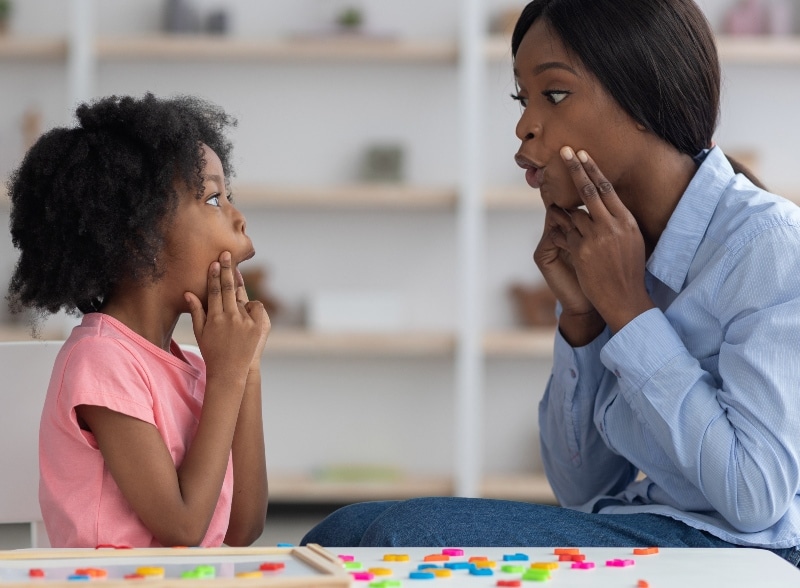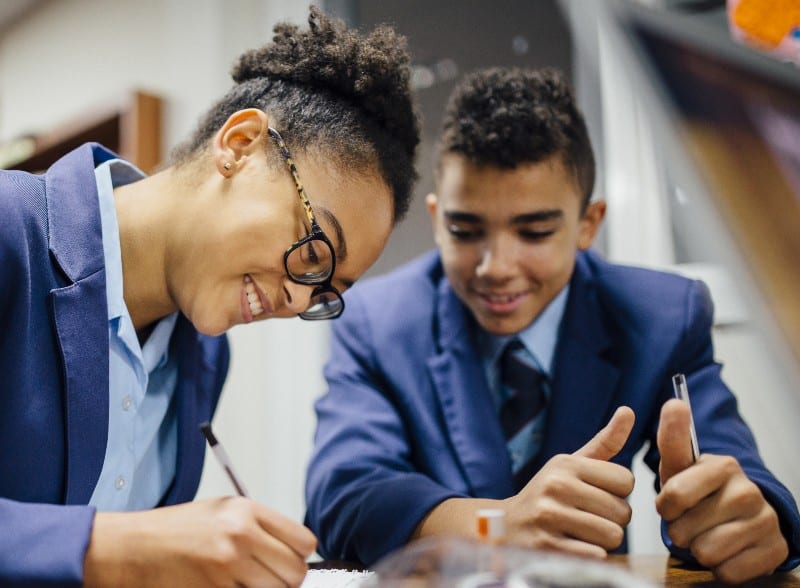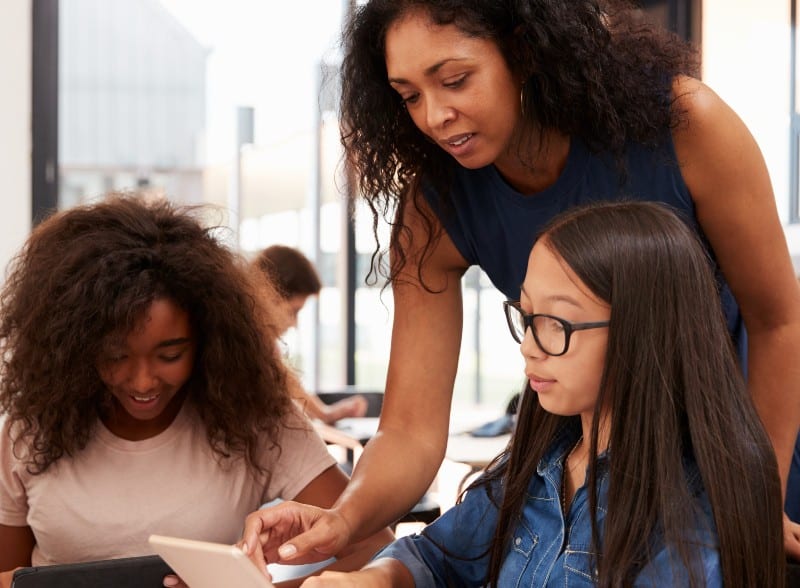
Speech and Language Awareness with Monal Gajjar
The ability to communicate is a wonderful thing as much as it is a necessary skill. When we take a moment to think about all the aspects of communication, we begin to realise that it involves a complex combination of several processes, including thinking, navigating your tongue, lips and vocal cords, retrieving words, applying grammatical rules, and so much more! Have you ever wondered how our children pick up these skills and if there is a developmental order in which they do this? This webinar aims to share how speech and language skills develop in the early stages of life. We will explore the difference between ‘speech’ and ‘language’, ‘delay’ and ‘disorder, and will discuss things that you can do to help the development of your child’s communication skills.













